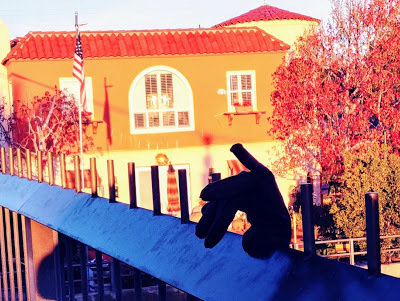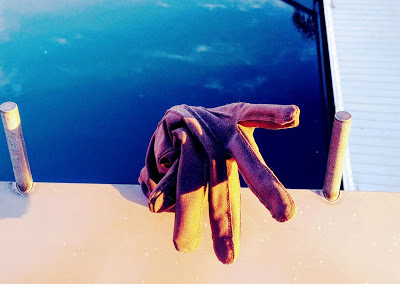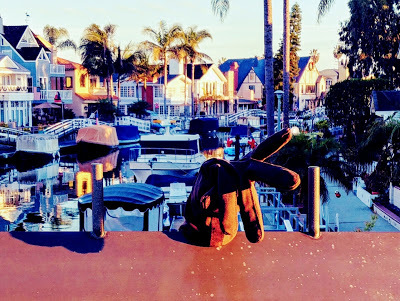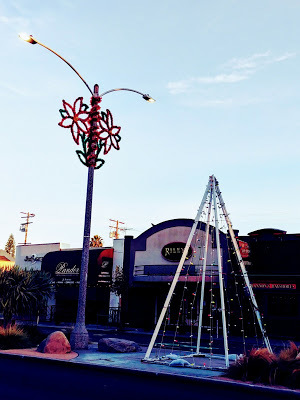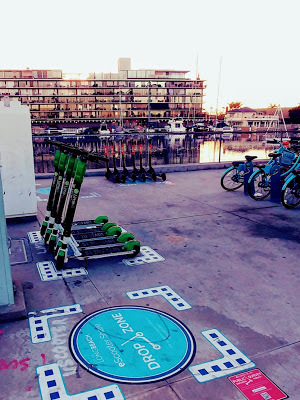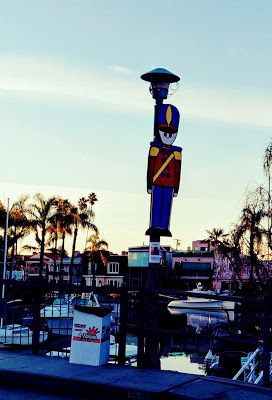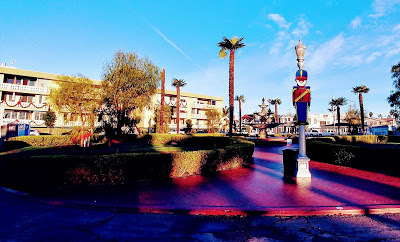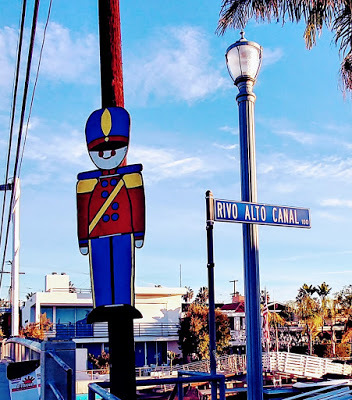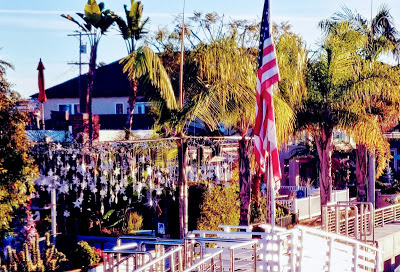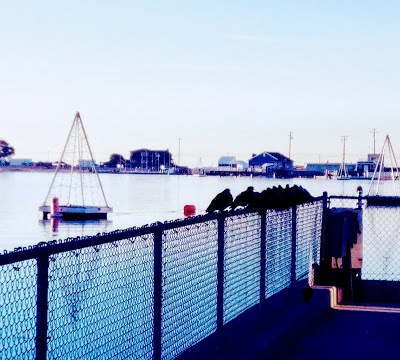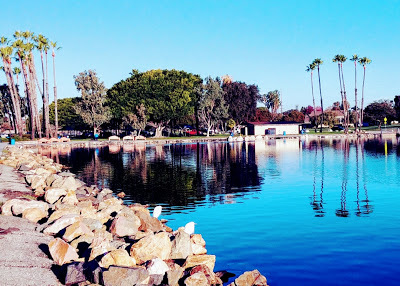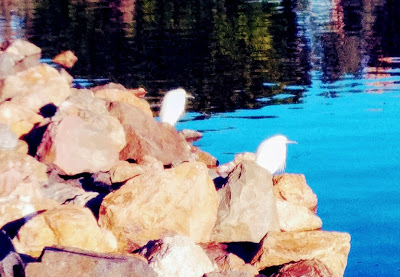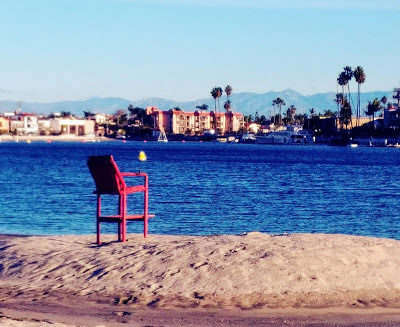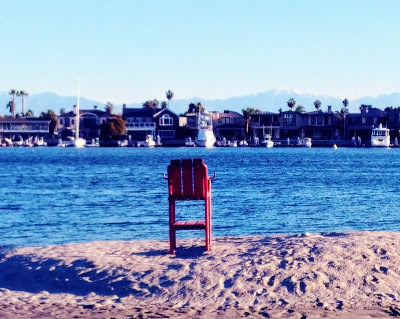R.L. Swihart's Blog, page 122
December 9, 2018
A "Clip" from Tolstoy's Hadji Murat
In her letter Peter's mother first sent him her blessing, then greetings from everybody and the news of his godfather's death, and at the end she added that Aksinya (Peter's wife) had not wished to stay with them but had gone into service, where they heard she was living honestly and well. Then came a reference to the present of a ruble, and finally a message which the old woman, yielding to her sorrows, had dictated with tears in her eyes and the church clerk had taken down exactly, word for word: "One thing more, my darling child, my sweet dove, my own Peterkin! I have wept my eyes out lamenting for thee, thou light of my eyes. To whom has thou left me? . . . " At this point the old woman had sobbed and wept, and said: "That will do!" So the words stood in the letter; but it was not fated that Peter should receive the news of his wife's having left home, nor the present of the ruble, nor his mother's last words. The letter with the money in it came back with the announcement that Peter had been killed in the war, "defending his Tsar, his Fatherland, and the Orthodox Faith." That is how the army clerk expressed it.
Published on December 09, 2018 11:35
The Latest Craze in the Art World: Glove Sculpting
Published on December 09, 2018 11:32
Walking: 2nd Street to Naples (and Back Again): 12/9/18
Published on December 09, 2018 11:27
Reindeer Games
A little late for the "rutting moon." The fave hypothesis in Peet's: Too much rough(rut)-housing in the Xmas Parade last weekend. Who knows ...
*
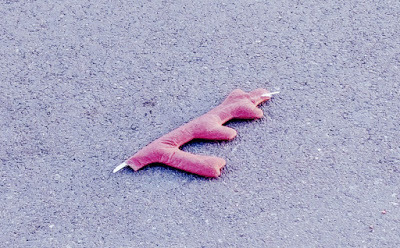
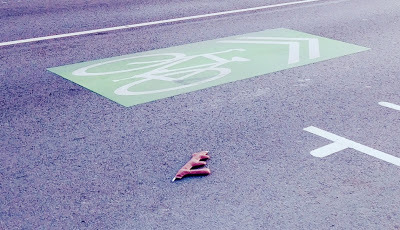
*


Published on December 09, 2018 11:22
December 8, 2018
Tolstoy's Late Work: Hadji Murat
Hadji Murat (or alternatively Hadji Murad , although the first spelling better captures the original title in Russian: Хаджи-Мурат[Khadzhi-Murat]) is a short novel written by Leo Tolstoy from 1896 to 1904 and published posthumously in 1912 (though not in full until 1917). The protagonist is Hadji Murat, an Avar rebel commander who, for reasons of personal revenge, forges an uneasy alliance with the Russians he had been fighting.
[Wikipedia: https://en.wikipedia.org/wiki/Hadji_M...]
Published on December 08, 2018 12:31
Walking: Marine Stadium (12/8/18)
Published on December 08, 2018 12:26
December 2, 2018
Morning Walk (12/2/18): Lifeguard Chair + I Thought I Saw Snow on the Mountains
Published on December 02, 2018 12:19
Xmas Trees @ Colorado Lagoon (2018)
From earlier in the week. Should rename that path: Charlie's Walk. He loves it any time of the day. I was aiming for a good one that got the red, white, and blue tree in. Best I could do.
*

Published on December 02, 2018 12:16
Belmont Shore Xmas Parade (2018)
Our second time to view the parade from ROE's. Nice venue, just outside the thick of things, but you don't always get a straight shot at the floats, bands, etc. because of the crowd at the U-turn. We ate from the happy hour menu till 6, watched a bit more (till almost 7), then took the alleys back to Park and then turned toward home. Beautiful night weather-wise. Great food. Friends. Walk.
The only pics I took were some very so-so ones of the bagpipers in the alleys.
*
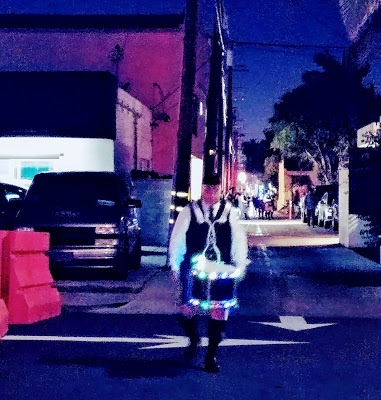
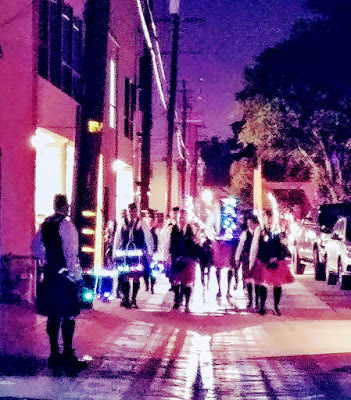
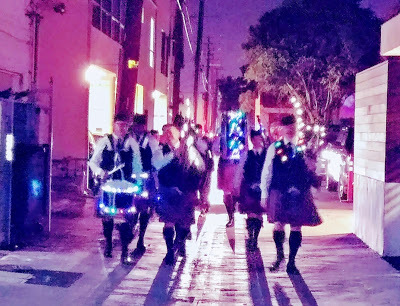
Published on December 02, 2018 12:04
Reading: Late Tolstoy
From Confessions:
At twenty-six years of age [Footnote: He was in fact 27 at the time.] I returned to Petersburg after the war, and met the writers. They received me as one of themselves and flattered me. And before I had time to look round I had adopted the views on life of the set of authors I had come among, and these views completely obliterated all my former strivings to improve - they furnished a theory which justified the dissoluteness of my life. The view of life of these people, my comrades in authorship, consisted in this: that life in general goes on developing, and in this development we - men of thought - have the chief part; and among men of thought it is we - artists and poets - who have the greatest influence. Our vocation is to teach mankind. And lest the simple question should suggest itself: What do I know, and what can I teach? It was explained in this theory that this need not be known, and that the artist and poet teach unconsciously. I was considered an admirable artist and poet, and therefore it was very natural for me to adopt this theory. I, artist and poet, wrote and taught without myself knowing what. For this I was paid money; I had excellent food, lodging, women, and society; and I had fame, which showed that what I taught was very good.
Published on December 02, 2018 11:57

